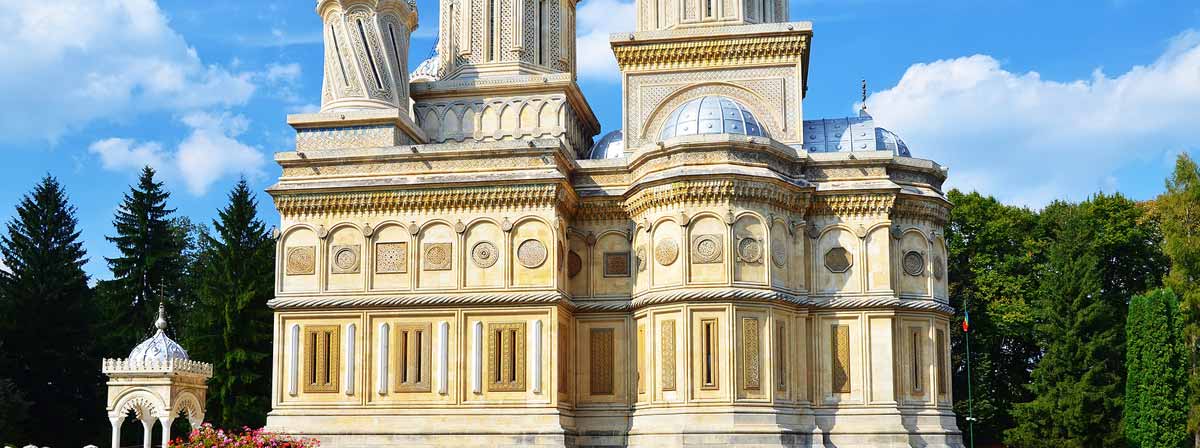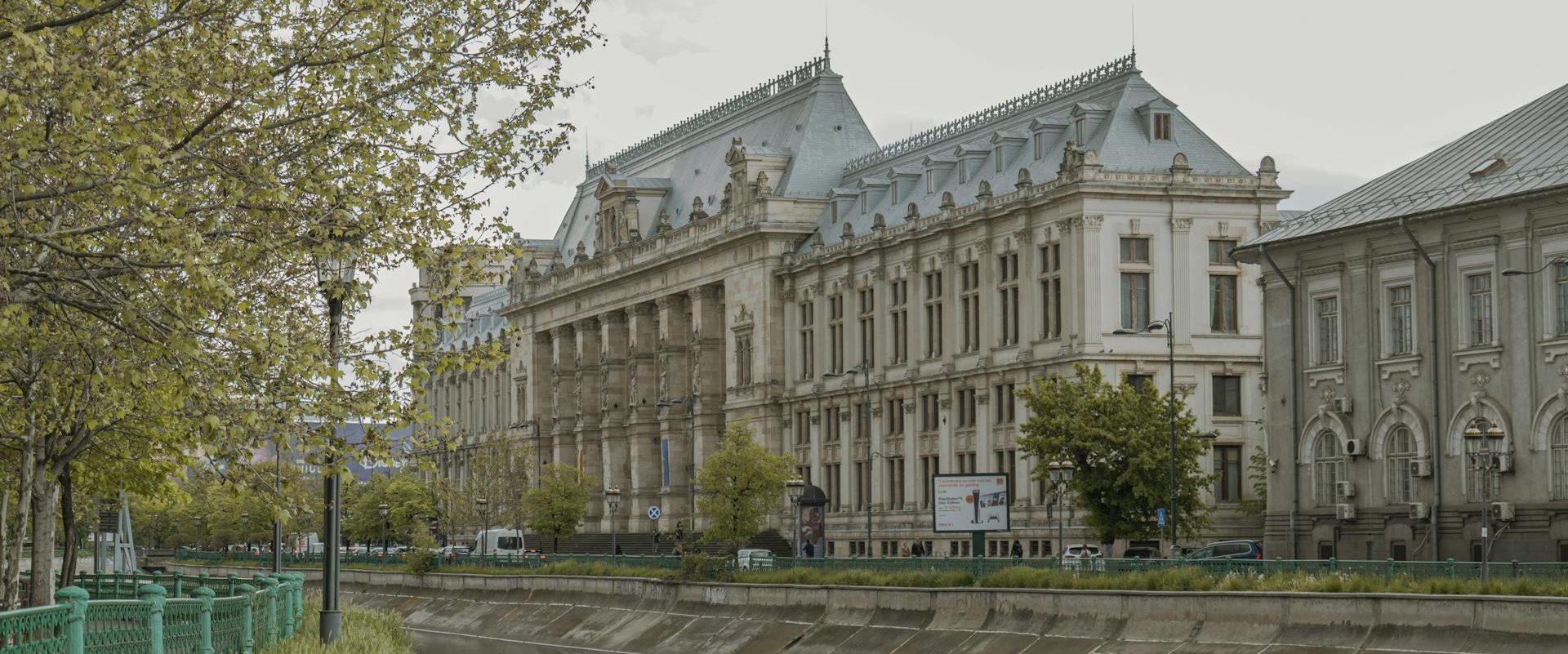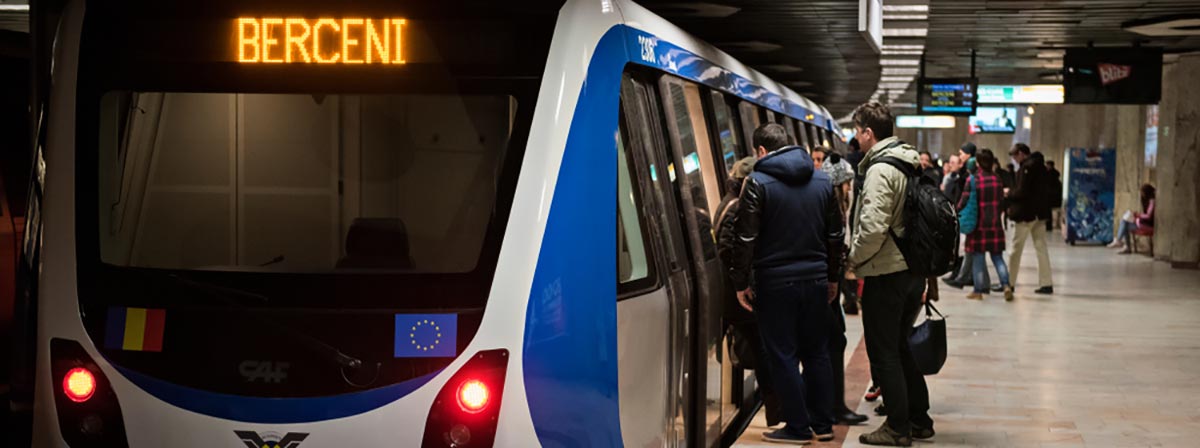
Romanians are known for their hospitality and generosity, and the patriarchal family is the basis of their social structure, members helping each other out in times of need. And Romania is a poor country, its wealth plundered for many years. Twenty-two per cent of the population live below the poverty line. To survive many have to resort to the black market. Yet guests are always fed, manners are polite and formal, the young defer to the elderly and men may kiss a woman’s hand – chivalrous and classical peculiarities of Romanian culture.
But it can be difficult to break into Romanian society as they tend to be suspicious of strangers, and the people naturally reserved and modest (qualities in you they will admire). You may never reach first-name terms, that is reserved for close friends and family. And yet, many people find the Romanians are very friendly and will come and chat if you are sitting in a cafe.
One tip for making friends is to hire an interpreter for a set fee per month, and ask him/her to invite friends to a party you host. You could make plenty of friends like this. You could also use a dating site, but be very careful as scamming is a way of life for many Romanians. Watch out for new friends asking for loans for any variety of reasons.
If you are invited to their home, they will appreciate a small gift – chocolates, alcohol or flowers –bring an even number as odd numbers of flowers are reserved for funerals. Presents for the children are always well received.
Romania has one of the world’s largest populations of Roma. They have been persecuted for long years and still face discrimination throughout Europe. They tend to be poor, unemployed and often malnourished. Many have left in an attempt to find a better life for themselves and their families. You can often tell them by their gay clothes.
In traditional rural communities the belief in vampirism is still alive, and the story of Dracula is possibly based on Vlad the Impaler, who ruled part of Romania in the 15th century. So carry garlic to repel the vampires in rural Romania.
Romanian folk music is sad and wistful. Their national dance, the “hora”, is a circle dance, although the different regions have their own traditional dances.
The following site gives more information and a fascinating history for those interested in Romania: http://www.everyculture.com/No-Sa/Romania.html#ixzz32zUXtKDb
Romanian is the official language of Romania. It is used in official government publications, public education and legal contracts; and trade signs and logos are written predominantly in Romanian.
After the fall of Romania’s communist government in 1989, the various minority languages received more rights, and Romania currently has extensive laws relating to the rights of minorities to use their own language in local administration and the judicial system.
Although Romanian is the only official language at the national and local level, there are 14 other living languages in Romania. The Romanian laws include linguistic rights for all minority groups that form over 20% of a locality’s local population; this includes access to local administration and justice systems, the right to receive education in that language, and a host of other rights.
Hungarian is the largest minority language in Romania for 6.7% of the total population.
English is spoken by many Romanians, especially in the urban areas, although some people have found German to be more useful. Spanish and Italian are also spoken by some Romanians.
The great thing is that if you have children they do seem able to absorb languages easily, and unless your Romanian is very good they will soon be translating for you.
Check the prices of removals to Romania.
 Exploring the Heart of Romania: What is Bucharest Like?
Exploring the Heart of Romania: What is Bucharest Like?Exploring the Heart of Romania: What is Bucharest Like Ever wonder, "What is Bucharest like?" If you're planning…
 Public Transport Timisoara Romania
Public Transport Timisoara RomaniaThe Public Transport Timisoara consists of extensive network of trams, trolleybuses, buses, designated…
 Driving in Romania
Driving in RomaniaPublic Transport in Romania Before deliberating about driving in Romania it’s worth to mention…